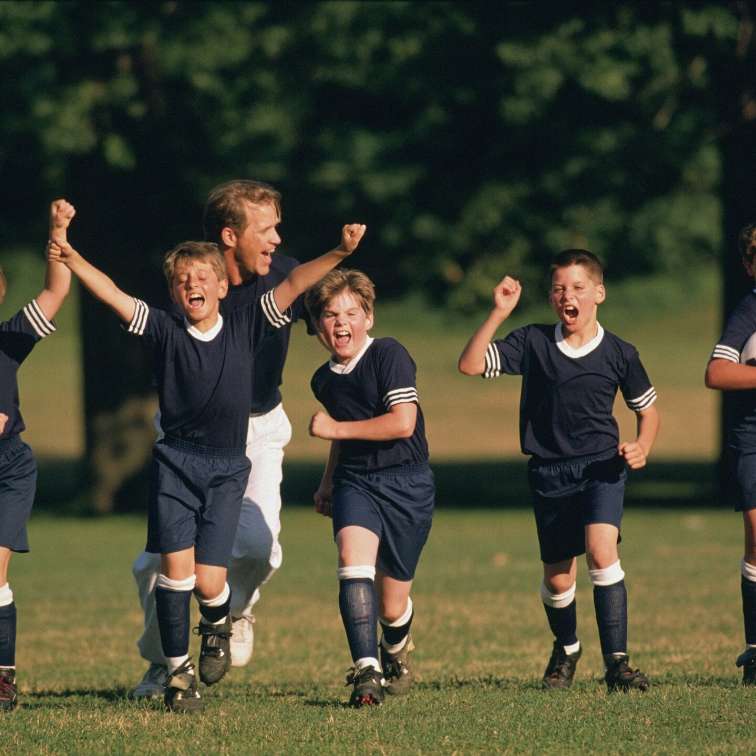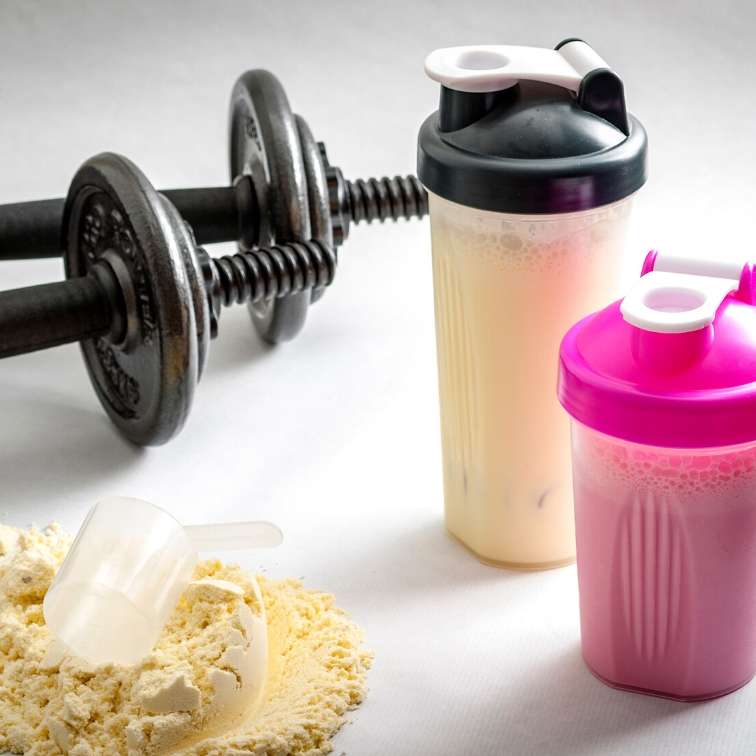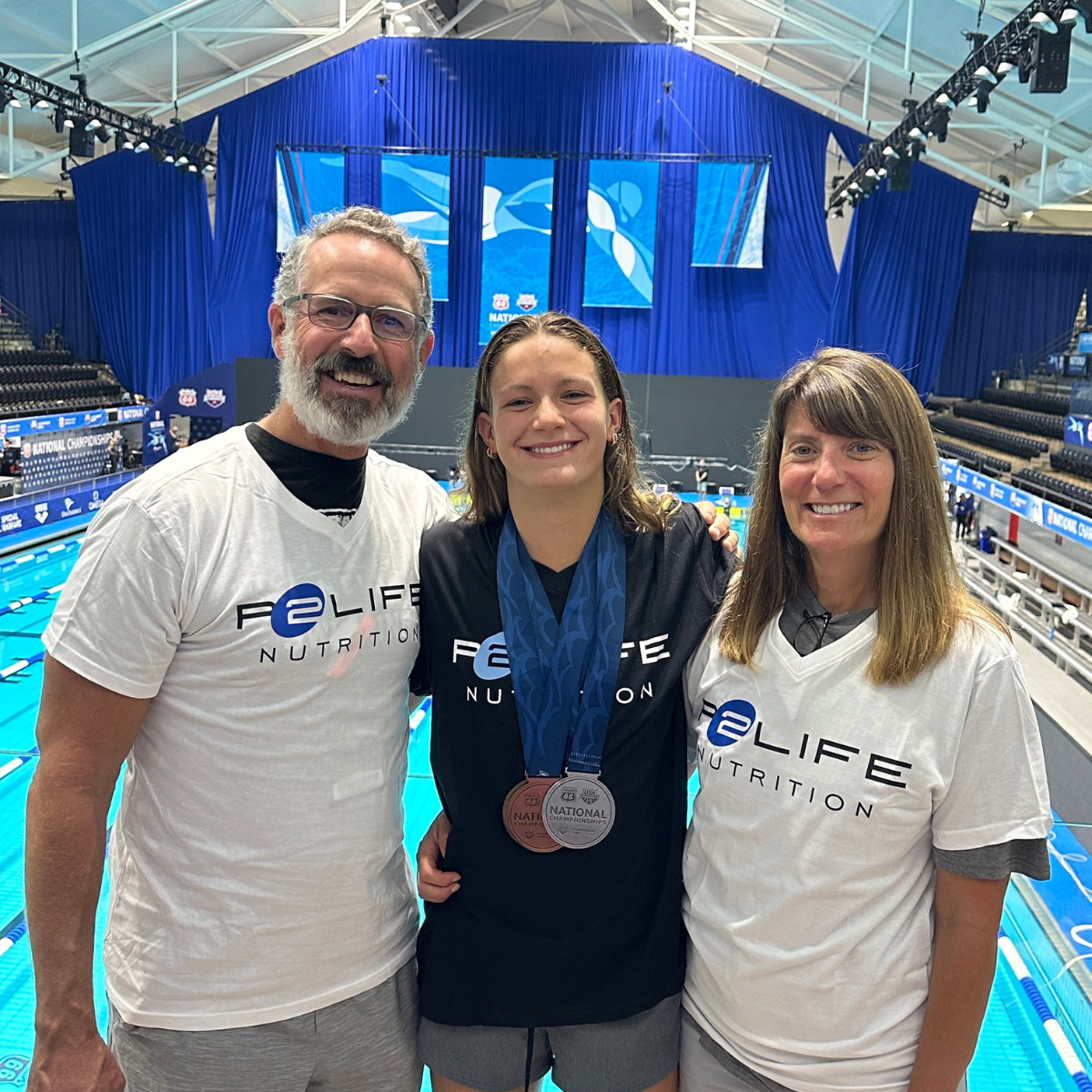
The Challenges of Coaching Different Age Groups
Is coaching an art or a science? It's definitely a little bit of both, but one thing is for certain - when you're coaching different ages, the challenges of coaching can be quite daunting sometimes.
While the responsibilities of a swim coach seem to keep growing, the rewards can far outweigh any challenges that come up in your day-to-day job. And coaching swimmers at developmental levels is also rewarding as you get to nurture young athletes along their sports career. Seeing your athletes succeed after a season of hard work, early morning sessions at the pool, and endless sacrifice, is all worth it in the end!
Children
Children benefit in many ways from participating in sports if the games are appropriate for the child’s mental and physical development. Chances are good that most children will have a positive experience with swimming if they have the healthy support of their parents and caretakers.
But as a coach, the challenge with dealing with younger kids is that they struggle because they may not realize their love or passion for swimming yet. This is where coaching is a bit more of an art, since you're having to adjust to the enthusiasm and passion of each child.
Also, as young swimmers, children are beginning to experience body awareness and how to use various body parts. Swimming is a way for them to discover how they use balance, agility, coordination, and vision to perform better and can determine how they develop physical and social skills. “Military” style coaching isn't appropriate for this age group; don't run a swim session like a drill sergeant that squashes the creativity and energy that children bring to the sport.

Teens
As swimmers get older, their development in the areas of psychomotor, cognitive, and social levels mature. These changes in young athletes' development allows coaches to create more complexities in the training environment. This is where you can create some more intense training protocol and mold your swimmers into true competitors. As a teen coach, your programs should emphasize sports development, technique, stamina, and skill rather than the recreational side that is the focus for younger children.
At this stage, coaches will also be dealing with concerned parents. They will become increasingly involved with their child's performance, knowing that this may pay off in the future in terms of scholarships and social acceptance. This is one of the more stressful aspects of coaching this age group, but if you work together with parents and teens to set realistic expectations, everyone can have a successful season!
Beyond just dealing with overbearing parents, teen swimmers are also facing the normal challenges of adolescence. Helping your athletes navigate through the difficult issues of academics, friendships, and families sometimes ends up on our plate. Just make sure to set healthy boundaries with your teen athletes so that they still respect you as a coach. If we are truly concerned with the positive development of our youth to become productive, compassionate, and moral citizens through sports, then being a coach for this age group can be very rewarding.
College Students
Coaching college kids is very different from the previous two groups, but just as rewarding in its own way. At this age, swimmers are usually passionate and knowledgeable in the sport and are fine tuning their techniques to be the absolute best. A majority of your swimmers are probably on some sort of scholarship, but even if they're not, the motivation with this age group is pretty high. Introduce swimmers in this age group to nutrition tips that will help them shave time off their personal records and challenge them with more intense training to mold them into their absolute best.
The challenge with this age group is that you no longer are negotiating with parents and the athletes themselves are having their first taste of adulthood. Some students deal with this new freedom easily, while other students find a hard time balancing school and sports without the guidance of a parent looming over them. As a coach, you may need to step in and help your athletes bridge the gap from the dependent teen years to self-sufficient adulthood.
Adults
At this stage in the game, most adults who are in a swim club or participating in the sport are doing it for the sheer love of it. There is no threat of losing a scholarship or upsetting an angry parent, so the outside pressures fall away. This makes coaching adults low stress and enjoyable, where you can become more of a friend and mentor to your adult swimmers.
To be the best coach for this age group, find out why your adult swimmers are participating in the sport. Is it to beat a personal record or are they under a doctor's care and need to follow a strict workout routine? Whatever the reason is, understand what motivates your swimmers and provide them with the information and resources that they'll need to perform at their best.
Developing swimmers and watching them succeed at every stage is rewarding for every coach. By understanding the nuances and challenges of coaching different ages, you can come to each session equipped to provide the best guidance and leadership for your team!
Sources:
http://www.totalimmersion.net/blog/coaching-children-adults-and-age-group-swimmers/










Leave a comment
This site is protected by hCaptcha and the hCaptcha Privacy Policy and Terms of Service apply.